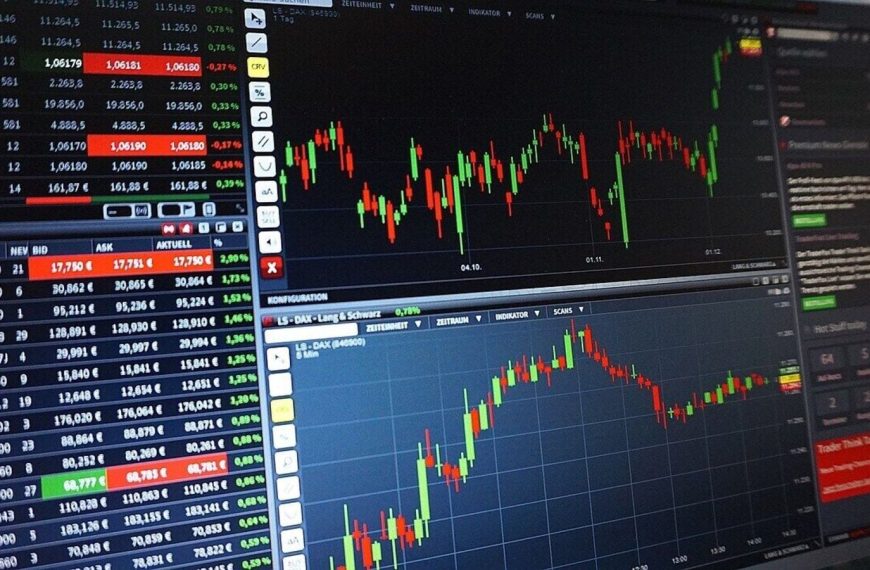Market Reactions to Tariff Announcements and Economic Growth Data
In a day marked by contrasting market movements, major tech companies like Tesla and Amazon experienced notable gains, while traditional automakers faced significant challenges. This fluctuation in the stock market comes as the U.S. economy reveals stronger-than-expected growth figures, alleviating some fears surrounding a potential escalation of trade tensions following recent tariff announcements by President Donald Trump.
Impact of Tariffs on Automakers
The automotive sector felt the brunt of Trump’s decision to impose a 25% tariff on auto imports. Major players such as Toyota, Stellantis, Mercedes-Benz, and General Motors saw their stock values dip as investors reacted to the news. The bond market is also raising alarms about the inflationary impact of these tariffs, with short-term Treasury yields performing better than their longer counterparts.
- Key automakers negatively impacted:
- Toyota Motor Corp.
- Stellantis NV
- Mercedes-Benz Group AG
- General Motors Co.
U.S. Economic Growth Surpasses Expectations
Despite the turmoil in the auto industry, the U.S. economy showcased resilience by expanding at a rate faster than earlier projections for the fourth quarter. The growth is largely attributed to a robust surge in corporate profits. Furthermore, the Federal Reserve’s preferred inflation measure, the personal consumption expenditures price index (excluding food and energy), was adjusted down to 2.6%.
According to market analyst Bret Kenwell at eToro, while the economic data is encouraging, it is unlikely to reassure investors who remain focused on the current economic climate rather than past performance. “Investors are looking for inflation results that align with expectations and robust employment figures to feel secure about the economic environment,” Kenwell noted.
Investor Sentiment and Market Movements
The stock market displayed mixed signals, with major indices showing little change:
- S&P 500: Stable
- Nasdaq 100: Fluctuating
- Dow Jones Industrial Average: Holding steady
Bond yields have also shifted, with the yield on 10-year Treasuries rising slightly to 4.36%. Meanwhile, the dollar’s performance was uneven as it reacted to the tariff news.
Global Stock Market Reactions
European stock futures declined following Trump’s tariff announcement, with the Euro Stoxx 50 contracts slipping 0.6%. The Mexican peso also weakened, reflecting investor apprehension. Trump’s stance of potentially imposing further tariffs on the EU and Canada if they challenge U.S. interests has added to the uncertainty surrounding global trade.
Market strategist Jun Rong Yeap from IG Asia commented, “The headlines regarding tariffs have reignited concerns about market stability. Investors are increasingly linking these tariffs to a higher risk of recession, leading to cautious trading behavior.”
Looking Ahead: Economic Concerns and Investor Behavior
Trump’s tariff proclamation, effective from April 3, has prompted significant discussions regarding its implications for consumers and businesses. This uncertainty has led to a decline in liquidity in the stock market, with reports indicating that activity in S&P 500 stock-index futures has reached a two-year low.
Carol Kong, a strategist at Commonwealth Bank of Australia, remarked, “While we anticipate that increased tariffs will affect the U.S. economy, we don’t foresee an imminent recession. Nonetheless, the market may price in a heightened risk of recession with each new tariff announcement, impacting the dollar’s strength.”
In commodity markets, gold prices are climbing as investors seek safe havens amid rising trade tensions, while oil prices have dipped slightly.
As the situation develops, market participants will be closely monitoring the economic landscape and the potential repercussions of ongoing trade disputes.











